Hidden Meanings Behind the
"I, Tonya" Movie (Spoilers)
Reviewed by Joy Davis
Synopsis: Selected by "Conscious Movie Reviews," "I, Tonya" is a biopic drama, based on the incidents that lead up to her rise as a top ranked ice skater for doing triple axels at competitions and then her tragic fall from being charged as a co-conspirator in smashing the knee of former competitor, Nancy Kerrigan, with a retractable baton in 1994. She plead not guilty, blaming her abusive ex-husband Jeff Gillooly and his friend, Shawn Eckhardt, as the masterminds behind the incident. Tonya also blamed her mother, LaVonya Golden, for years of constant, emotional and psychological torture, to produce a champion. It was LaVonya's toxic parenting that gave her a "poor white trash" image to be judged unfairly during the competitions and seen by the public as the enemy.
Warning: Spoilers within the Presentation
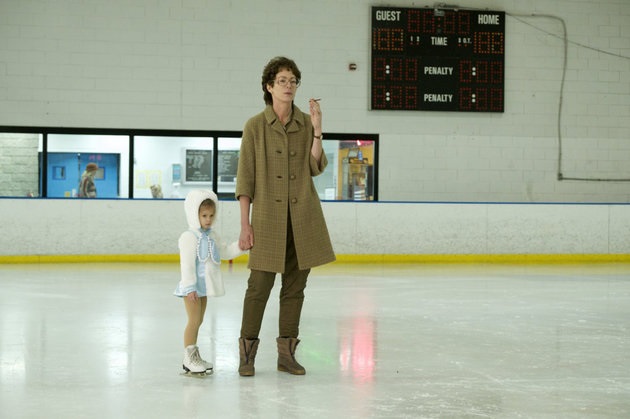
Producing a Champion Daughter
Welcome to "Conscious Movie Reviews." I'm your host Joy Davis and here to review the biopic drama, "I, Tonya," focusing on the family dynamics within the story.
Born on November 12, 1970, Tonya Harding was raised in Portland, Oregon. Her special interest in ice skating was considered obsessive by her abusive mother, LaVona Golden, so she was enrolled in lessons taught by coach Diane Rawlinson. Since the age of four, Tonya proved she was gifted in the rink, beating out girls much older than her at competitions.
LaVona toughened her young daughter to be a champion in a toxic way through constant put-downs, beatings, and sabotage. This fueled Tonya's anger to be a fierce competitor, worthy of earning Olympic gold.
By naming the movie "I, Tonya," the director drew parallels to the classic novel, "I, Claudius," that reads like an autobiographical account of Roman Emperor Claudius assuming the throne through violent crimes committed by his family, just like Tonya's mother and husband working behind the scenes for her to win at all costs. Both stories blurred the lines between historical truth and fiction.
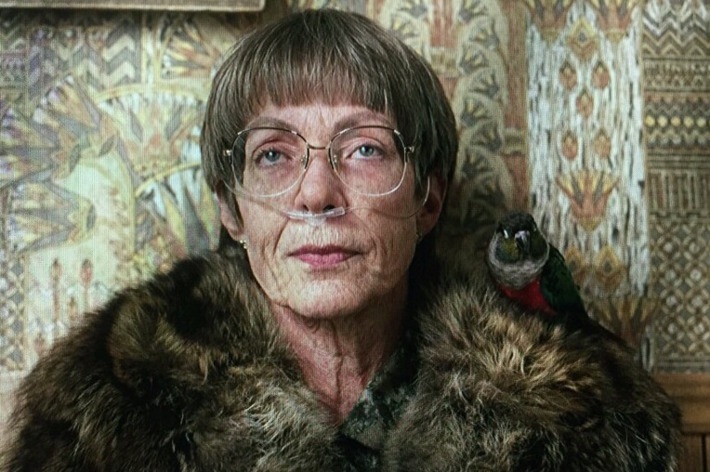
Toxic Parenting Skills
In a media interview, LaVona wore a fur coat with a distracting parakeet on her shoulder. She defended herself against any charges by Tonya that she was an abusive mother.
Having a parakeet for a pet symbolized LaVona's power with words to reveal that she was an obnoxious woman full of "negative self-talk."
LaVona complained about having to work many long hours as a waitress to support the household and was made to sew Tonya's competitive skating outfits because they couldn't afford to purchase them.
By playing the victim, Tonya's Mom taught her to use blame and shame as first lines of defense against the hardships of life. It was used well to get another chance to skate from judges whenever she blamed a bad performance on a broken shoelace, weak skate or weak blade. When you're charged with being a co-conspirator to a crime, the blame card came in handy for Tonya to use as self-defense before the media and public, her true "Court of Judgment."
Labeled as "poor white trash," it only perpetuated the poverty consciousness that Tonya suffered. It wasn't so much about a lack of money, but a spiritual depravity from lack of self-worth to believe that she's not good enough. By not feeling whole within, she formed a co-dependent relationship with Jeff Gillooly to be needy of his love and attention.
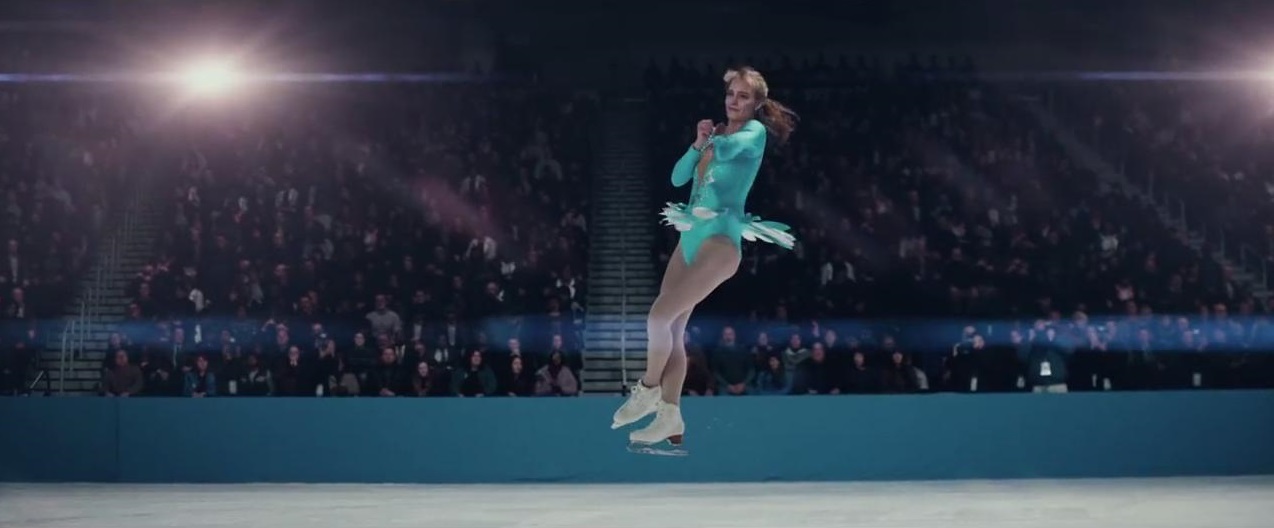
Lessons in Stability and Support
Many of us are given clues along the way to discover our true life purpose with specific issues to work through. For Tonya, they were hard lessons about establishing a stable and secure foundation and achieving her goals through a mutually supportive network.
Being born with a tremendous talent for skating was fitting because of Tonya's need for stability as a running theme throughout her life. The sport requires great balance in making moves to land solidly on a foundation. She proved herself to be masterful at this by being the first female skater to do the triple axel in 1991. But what she needed most was inner stability from the chaos of those around her.
And, when Tonya's hard-drinking mother kicked her chair to fall off, she was imprinting a strong message on a subconscious level, that any attempt at needing support would be sabotaged, so don't count on it.
Because Tonya had a long-held belief that she was undeserving of support, she became fatally attracted to Jeff Gillooly to wind up in an abusive marriage and had her reputation destroyed by the lying media.
By putting up with her husband's abuses, Tonya failed to learn that if it hurts, it isn't love. Not getting what we want hurts. Love does not hurt; it expands it. Sometimes when our heart expands, it can feel a bit like hurt, but it is poignancy - the richness of our heart growing in love and appreciation. This is according to Chuck Spezzano of The Psychology of Vision.
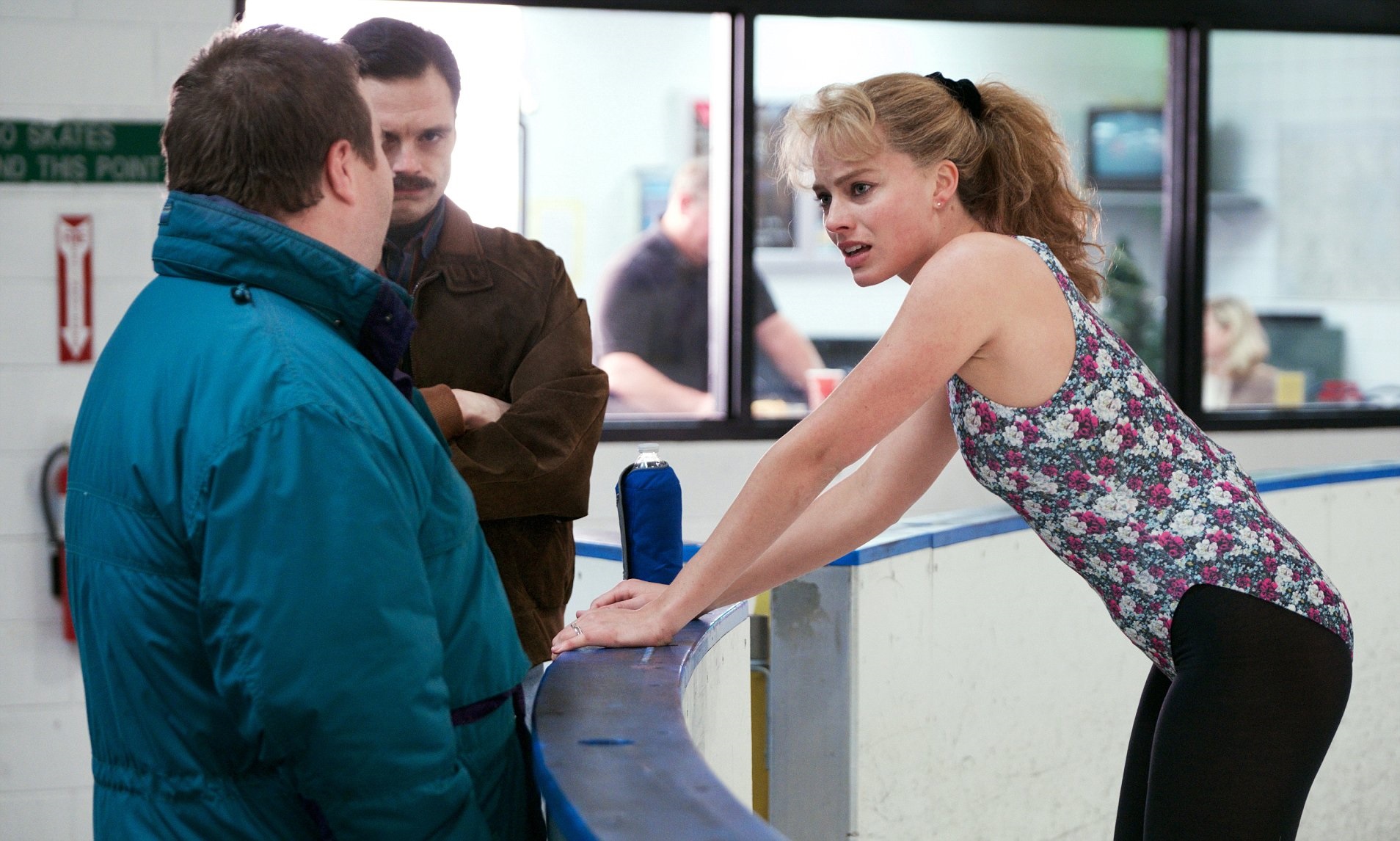
Keeping Unhealthy Relationships
Healthy relationships stem from having an authentic relationship with yourself and others. Being in the company of Shawn Eckhardt as a self-appointed bodyguard and wannabe specialist in counter-terrorism, reflected her double life. It was when she wasn't being true to her "rough" nature whenever she put on a graceful and polished front with the skating judges for their voting approval.
Both Gillooly and Eckhardt acted out of paranoia with their intent to send a fake, death threat letter to Tonya's skating competitor, Nancy Kerrigan. According to self-help counselors, Ron and Pat Potter-Efron, paranoia is a masked form of anger. The paranoid project their anger outward, thinking that others are mad at them. They protect themselves against the other's anger by becoming defensive, suspicious and hostile. But they don't feel guilty because they think they're only protecting themselves. Their behavior mirrored Tonya's upbringing by her mother to see her competitors as the enemy.
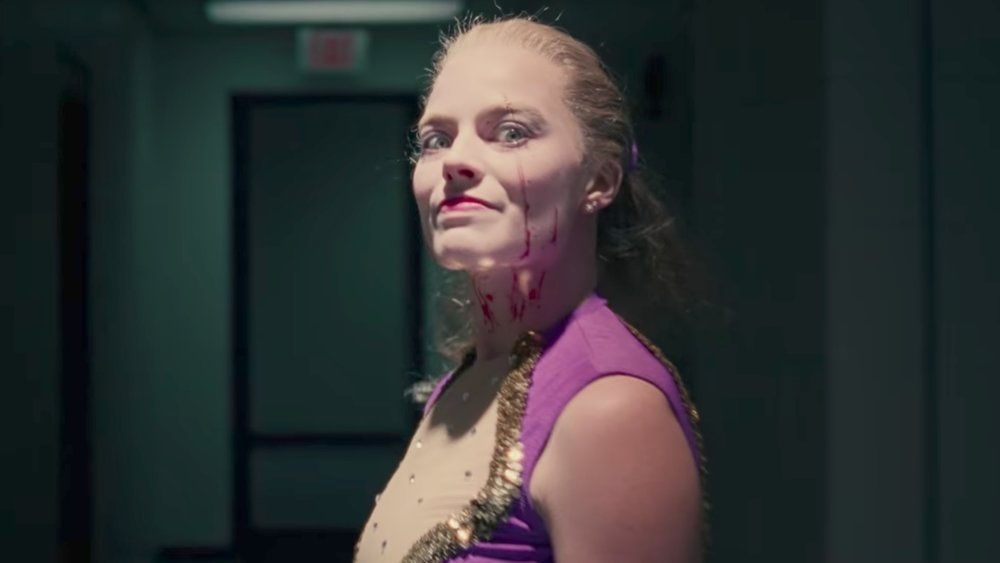
Tonya as Saboteur
Serving as an in-house saboteur, LaVonya was the start of many hard lessons on self-sabotage for Tonya to work through, especially when Eckhardt hired a crook to break the right leg of Kerrigan with a retractable baton.
In boxing, "hitting below the belt" suggests cheating, which Tonya was suspected of doing in the criminal investigation for being associated with Eckhardt. He sabotaged her career as a professional skater, similar to how LaVonya "cut her off at the knees" by beating her down with constant abuse. Tonya surrendered during the 1994 Winter Olympics when the laces of her skating shoe broke, then cried before the judges about it, as if to say, "I surrender to being beat. I can't give you my best performance because it doesn't matter. Who I am and what I do isn't good enough. I'll just go through the motions and skate."
Tonya would in turn smash convention, like hitting the skating establishment with a baton, to dismantle institutional, elitist thinking that skaters be judged more on aesthetics than athletics. She changed the game by example. Like a maverick, Tonya did it her way, with raw power and grit on the ice.
Subscribe to Beyond 50's Radio Updates!
Beyond 50 values your personal information. Your email will
not be used, sold, or
shared with any outside party.
Related Interviews:

We Don't Talk Anymore: Healing After Parents and Their Adult Children Become Estranged
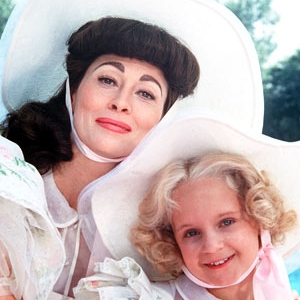
The 7 Habits of Highly Dramatic People

Shatter Shame and Shine
Watch It Now!




